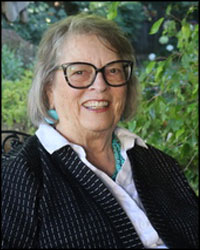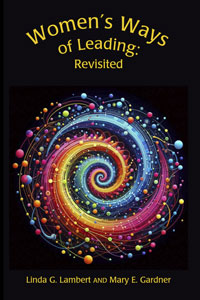Uncategorized
« Older EntriesBack and Still Learning
Thursday, April 14th, 2022
Hello Leaders—you may have wondered if I had moved to Timbuktu, lost interest in leadership and literature or died. None of these are true. I have been busy, distracted—whatever excuse I can muster to explain myself. Odd that the pandemic, when I should have had more time, didn’t seem to provide it. I’ve lost touch with some good and distant friends. My husband and I broke a few bones but are on the mend. What the hell—I’m still trying to make sense of it.
But I wasn’t hibernating. I have been fascinated by the topic of my coming article: Deep Learning, Deep Leading and AI. The more I learn, the longer it is taking. You know how that goes. The Stanford Human-based AI (HAI), DeepLearning AI, research articles from Andrew Ing in Batch and SingularityHub provide a rich source for learning. However, I am nearing the completion of the article and should be done this month.
I was further aroused by Academia.edu and the scores (hundreds) of articles, studies and policy articles from all over the world citing my work in constructivist leadership, sharing leadership, leadership capacity, organizational change and women leaders. At least a couple a day are being sent my way, some going back almost 40 years. I am deeply moved by the sustainable and provocative nature of my work. Want a conversation about these ideas? Contact me at linlambert.mcn.org.
Further, my colleague Mary Gardner and I are also enchanted by the interest in Women’s Ways of Leading. We are working to create a greater presence on Linkedin that should be ready soon. Stay tuned.
Hoping you are all well…I’ll be back in touch soon. Linda
Posted in Uncategorized | No Comments » | Leave a Comment




